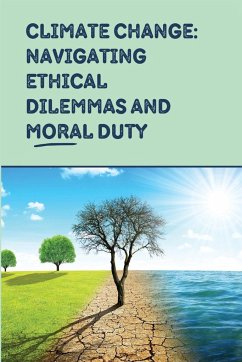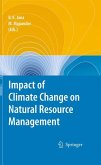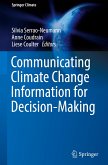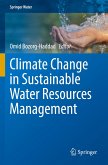Climatic changes are happening around the globe. The science of climate change affirms that most of these changes have been brought about by the actions of human beings. While trying to understand the concept of anthropogenic climate change it is noticed that significant ethical issues surround it and the question of responsibility becomes vital. Certain ethical issues including responsibility associated with climate change are discussed in this Book. This research examines and reviews some general or traditional concepts of individual and collective responsibility along with some specific literature concerning climate change responsibility. The work of two philosophers, Walter Sinnott-Armstrong and Baylor Johnson is quite influential in this regard. The central idea of the arguments offered by both the philosophers is that unless everybody acts, individual efforts to diminish carbon emissions will have little or no effect on climate change. For instance Sinnott-Armstrong assesses and rejects several ethical principles to arrive at the conclusion that one has no moral obligations to limit one's personal emissions in climate change. This idea is analyzed and shown to be inconsistent in this research. Alternatively it is agreed that the moral theories which Sinnott-Armstrong considers do not put a restraint on the individual to curb her greenhouse gas emissions. Thereby a need to propose a different way of ascertaining moral obligation in climate change is recognized. A knowledge based ethical relativist theory is suggested for the same. This theory expects the agent to act in the light of the knowledge that exists and illustrates that commitments at the individual level cannot be different from the commitments at collective level if one has knowledge about it that exist in today's world in case of climate change. It is concluded that this knowledge based ethical theory is one possible way to assign responsibility in climate change but concomitantly it is also admitted that this theory may face certain limitations.







